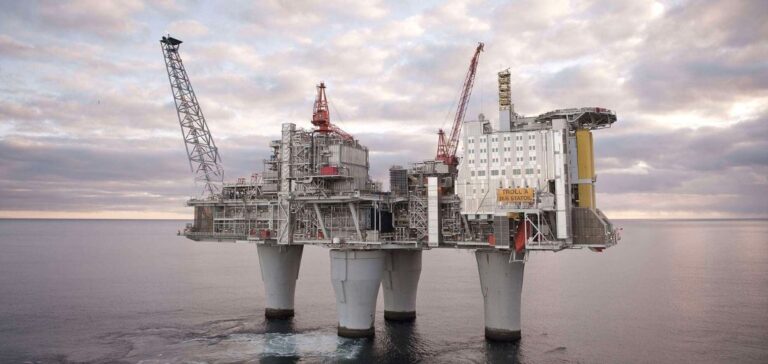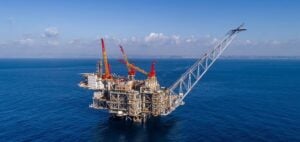Capping the price of gas that Norway provides to European countries in search of an alternative to Russian gas, is a matter of “solidarity between allies”, stressed Sunday the European deputy Pascal Canfin.
While the European Union is looking for ways to do without gas from Russia, “a negotiation is underway with Norway to lower the price of gas we buy from the Norwegians. Since we have sharply reduced our purchases of Russian gas, today the main supplier of gas in Europe is Norway,” said on France Inter, the chairman of the Environment Committee in the European Parliament, who hopes “a landing this week” on this subject.
“We share almost everything with Norway, values, democracy, opposition to Putin … except the rent (gas, ed.). Because it costs us about 100 billion euros to buy gas in Norway, and they make money. So it is quite legitimate to agree on a maximum price,” said the former French minister.
For him, “we Europeans are always asked to show solidarity… Very well, but do we have the right from time to time to demand that our partners show solidarity with us? This is a historic moment: we need Norway, the leading gas supplier, and Europe, the leading customer, to show solidarity. So a negotiation is underway, I do not know if it will work, the objective is to have a maximum price.
And the deputy secretary general of the French presidential party Renaissance added: “the next country is Algeria, of which we are now a very large customer for gas. It will be more difficult, but I think that this discussion must take place. And then the United States, the same.
Oslo, through the voice of its Prime Minister, has previously expressed “scepticism” about this price cap.





















